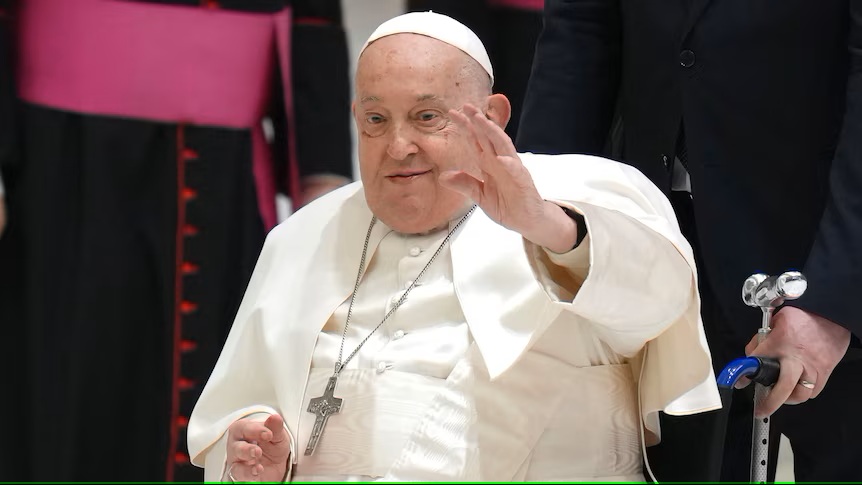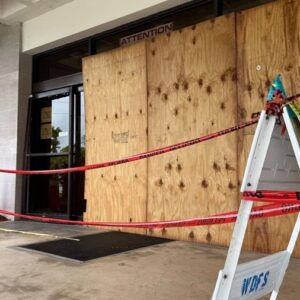Vatican City — Pope Francis Dies: The beloved head of the Catholic Church whose papacy was marked by simplicity, reform, and a reach that transcended religious divides, has died at age 88, the Vatican confirmed Monday morning.
“At 7:35 this morning, the Bishop of Rome, Francis, returned to the house of the Father,” announced Cardinal Kevin Farrell. “His entire life was dedicated to the service of the Lord and His Church.”
A Lingering Battle With Health
Pope Francis had been hospitalized beginning in February 2025 for what was initially described as a respiratory tract infection. Just days later, the Vatican confirmed he had bilateral pneumonia. His condition remained unstable in the weeks following, with prolonged respiratory issues, multiple oxygen treatments, and even transfusions due to low platelet counts. Two separate episodes of acute respiratory failure required mechanical ventilation.
Though he was released from the hospital in late March, his health remained precarious. He made a brief, hopeful appearance on Easter Sunday, waving to the faithful from a wheelchair and using supplemental oxygen. Throughout his illness, the pope remained communicative, thanking people worldwide for their prayers via messages on X (formerly Twitter).
Top 10 Must-Read Books: A Guide to the Hottest Page-Turners
A Life of Simplicity and Service
Born Jorge Mario Bergoglio on December 17, 1936, in Buenos Aires, Argentina, he became the first Latin American pope and the 266th leader of the Catholic Church. Choosing the name “Francis” in honor of St. Francis of Assisi, he quickly became known for rejecting papal luxuries: paying his own hotel bill after his election, opting out of ornate papal apartments, and trading the papal limousine for a modest sedan.
He was accessible in ways few popes had been. He posed for selfies with tourists, invited children aboard the popemobile, and once held hands with a child with Down syndrome during a public address.
A Voice for the Marginalized
Pope Francis was a consistent voice for the marginalized — immigrants, the poor, and those disillusioned by traditional church teachings. On his first trip as pope, he visited Lampedusa, a landing site for migrants risking their lives crossing the Mediterranean. He used that moment to demand compassion for refugees worldwide.
He didn’t shy away from the Church’s most pressing controversies. He publicly met with survivors of clergy sexual abuse, apologized, and called them “heralds of mercy.” His famous remark — “Who am I to judge?” — when asked about gay priests, sent shockwaves and signaled a shift in tone from the Vatican.
In December 2023, he approved a declaration allowing blessings for same-sex couples, stating that a blessing should not require “moral perfection.”
Longstanding Health Issues
Francis had dealt with health problems since his youth. A respiratory infection at 21 required partial removal of a lung. In later life, he underwent colon surgery in 2021, began using a wheelchair in 2023 due to knee issues, and was hospitalized several times in 2023 and 2024 for bronchitis and intestinal concerns.
Despite speculation about his resignation, he continued his duties — even traveling extensively in 2023. In 2025, his condition worsened significantly, culminating in a prolonged respiratory crisis that ultimately proved fatal.
What Happens Next?
A traditional nine-day mourning period will now take place. Pope Francis’ body will lie in state at St. Peter’s Basilica, allowing the public to pay respects.
All cardinals under the age of 80 will be summoned to Rome for a secret conclave at the Sistine Chapel. There, they’ll cast up to four ballots per day until a new pope is chosen. White smoke rising from the chapel’s chimney will announce that a successor has been elected.
That new pope — whoever he may be — will appear before the world from the iconic central balcony of St. Peter’s Basilica.







